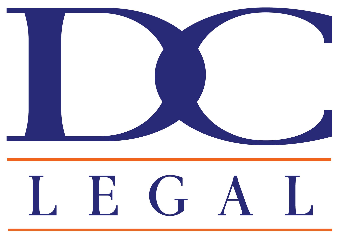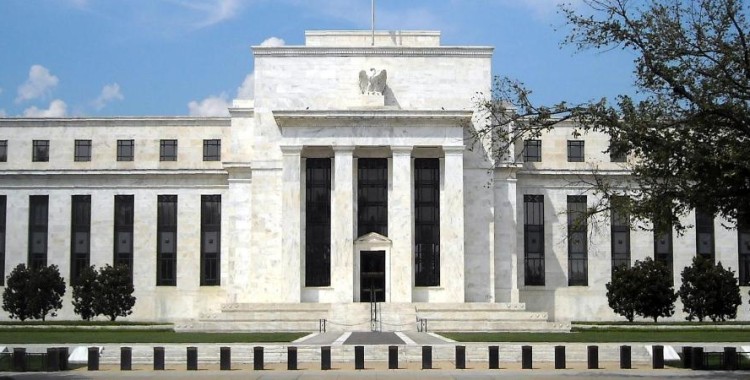Will the Central Banks cancel sovereign debt?
No one ever discusses this, but I predict it will be one of the greatest issues of our generation as sovereign debt soars, and much of it is attributable to the central banking system (i.e. the Fed (Ben Bernanke) buying treasury bonds, bills, etc.).
The FT (Financial Times) today has a dynamite article with the abovementioned title by Gavyn Davies, Chairman of Fulcrum Asset Management. As the title suggests, Mr. Davies speculates that the vast holdings of government debt create the possibility that central banks may forgive some of it so as to further stimulate growth. It’s a quite electrifying thought. In the U.S. and EU governments at all levels are grappling with the conflicting objectives of stimulating growth and reducing indebtedness. So far one can question their success on both fronts, especially in southern Europe where continued austerity is exposing its one-dimensional weakness in impeding exactly the type of real GDP growth necessary to reduce debt.
As a thought experiment it could appear quite alluring.
After all, in the U.S., the central bank is part of the Federal government, so on a consolidated basis debt issued by the U.S. Treasury and held by the Federal Reserve simply nets out.
The Wallace Neutrality Theory holds that because the public recognizes that this debt will ultimately find its way back into the private sector, its temporary residence at the Federal Reserve doesn’t alter behavior, similar to the way tax cuts funded by deficits don’t promote growth because households save more in anticipation of higher taxes later (Ricardian equivalence). Gavyn Davies is not a believer in the Wallace Theory, but rather than get into the theoretical difficulties instead consider the consequences of debt forgiveness.
This is very interesting. Conspiracy theorists (or general econ buffs) know or should know that the 'Federal Reserve' is neither 'Federal,' nor does it hold 'Reserves.' If our U.S. Fed cancelled the debt, it would be nothing more than an arbitrary balance sheet adjustment for Federal Reserve. For more info, consult the Federal Reserve Act of 1913.
The most compelling feature is that there is no obvious injured party. Putting aside for a moment the likely adverse market reaction of such a move, if the Federal Reserve did agree to a modification of terms on the debt it holds, there would be no direct private sector losses as a result. It could be done in many ways more subtle than a complete write-off, which might include taxing interest income to the Fed, extending maturities or even rolling over maturing debt at favorable rates. Carried out in small, incremental steps that sought to minimize any negative market reaction such an approach could be politically very appealing. At a time when Congress will be wrestling with a set of highly unpalatable choices involving spending cuts and tax increases, a modification in debt terms that was part of a wholesale improved fiscal outlook could gather populist support at a minimum.
After all, if we owe the money to ourselves -- which, in effect, we do for that component of the debt held by the Federal Reserve -- why shouldn't we be free to alter its terms?
All this of course creates the risk of increased inflation expectations and perhaps higher actual inflation down the road. The point of the thought experiment though is to highlight how politically such a course of action, in conjunction with other fiscally prudent moves, could happen. There’s no directly injured third party. If such a subject was broached without triggering a spike in bond yields (an important IF no doubt) it might gain support. Gavyn Davies notes in his article that one possible future Bank of England governor privately considers such a step worthy of serious consideration.
Admittedly, I am very skeptical of the Federal Reserve. If you have ever been to D.C. or studied the history, you would understand why: 1) the Federal Reserve was created in 1913 and the bill was written by Banksters; 2) the Federal Reserve is so far away from all other important buildings (such as Congress, the White House, the Supreme Court, etc.); and 3) it is nearly impossible to take a tour of the Federal Reserve. It certainly makes one think! In my opinion, the Federal Reserve is a very imperfect way of controlling money supply. However, if used properly, it can be very beneficial as we have a fiat currency and our government will never be in danger of default for such a reason.







